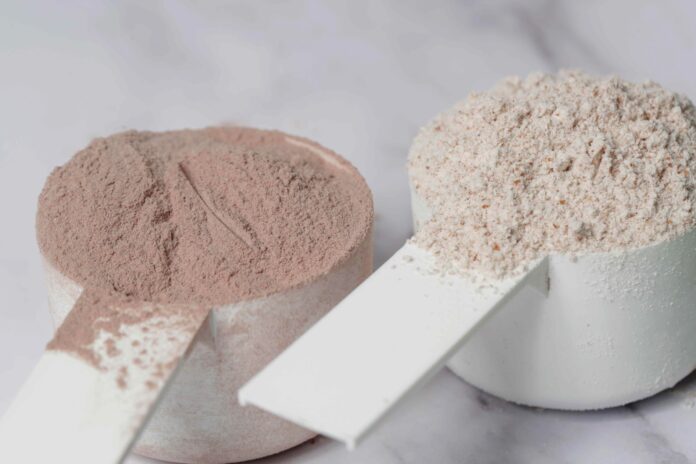Collagen, the structural protein in your body, is essential for maintaining skin elasticity, joint health, and bone strength. Many supplements aim to boost collagen levels, but choosing between animal-based and vegan options can be confusing. This guide breaks down the key differences and helps you decide which type is right for you.
How Collagen Works
Your body naturally produces collagen, but production declines with age. Supplements provide building blocks (amino acids) to stimulate collagen synthesis. The core question isn’t just what kind of collagen you take, but how effectively your body uses it. Traditional collagen supplements are derived from animal sources (fish, bovine, or porcine), directly supplying the collagen proteins your body recognizes. Vegan collagen, on the other hand, relies on plant-based ingredients and amino acids to prompt your body to produce its own collagen.
The Key Differences
The primary distinction lies in the source and delivery method:
- Animal Collagen: Derived from animal tissues (bones, skin, scales), it provides readily available collagen proteins. This type has a longer history of research and proven efficacy in multiple studies.
- Vegan Collagen: Typically made from plant extracts (like bamboo, or from amino acids from sources like soy, pumpkin seeds, or other plants). It doesn’t contain collagen itself, but rather provides the necessary amino acids (glycine, proline, hydroxyproline) to stimulate your body’s natural collagen production.
Efficacy: What Does the Science Say?
Animal collagen has significantly more robust scientific backing. Numerous studies demonstrate its effectiveness in improving skin elasticity, reducing joint pain, and promoting bone health. Vegan collagen, while showing promise, has less conclusive evidence. The challenge with vegan collagen lies in bioavailability. Your body must efficiently convert plant-based amino acids into usable collagen, a process that isn’t always guaranteed.
- Bioavailability Matters: The body may not efficiently absorb or convert all plant-based amino acids into collagen.
- Individual Variation: Response to vegan collagen varies widely, depending on genetics, diet, and overall health.
Ethical and Dietary Considerations
- Vegan Lifestyle: Vegan collagen is an obvious choice for those avoiding animal products.
- Sustainability: Plant-based options may be more environmentally friendly, depending on sourcing.
- Allergies: Animal collagen may trigger allergic reactions in some individuals.
Which Option is Right for You?
- Prioritize Results: If your primary goal is maximizing collagen synthesis, animal collagen remains the most reliable choice.
- Ethical Concerns: If you prefer a plant-based product, vegan collagen is a viable alternative, but manage expectations.
- Supplement Quality: Regardless of the type, choose high-quality supplements from reputable brands.
Ultimately, the best collagen for you depends on your individual needs, values, and expectations. While vegan collagen offers an ethical and sustainable option, animal collagen currently holds a stronger scientific edge




















